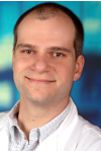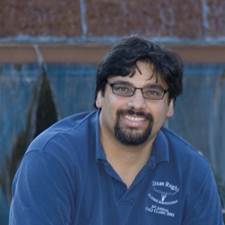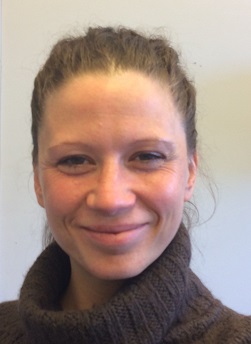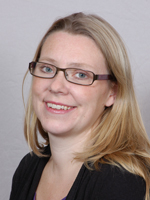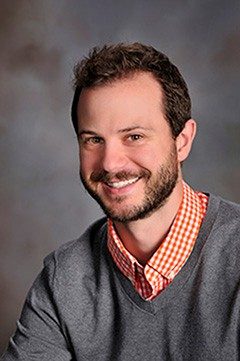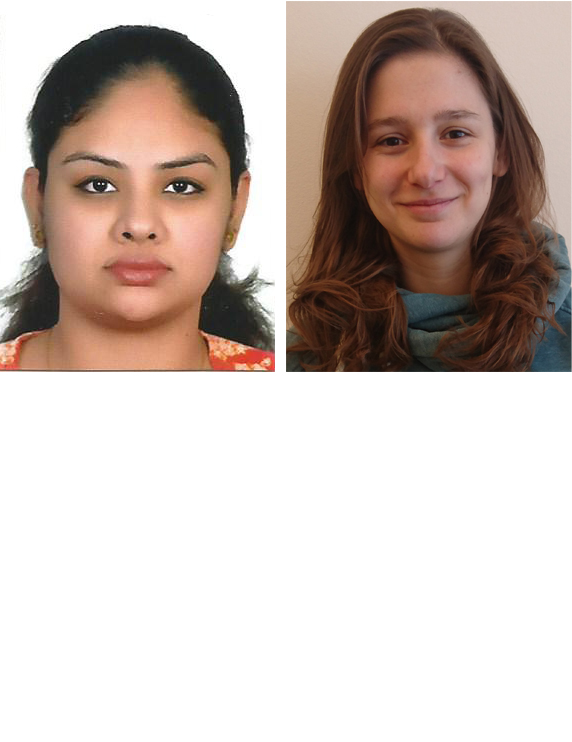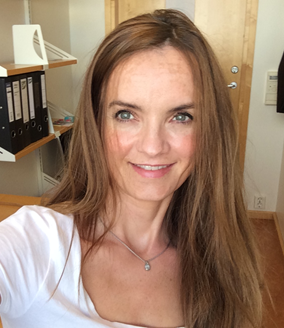Previous events - Page 53
Nanoparticle-mediated drug therapy against tuberculosis in the zebrafish embryo model
Stefan Schild from The Institute of Molecular Biosciences at The University of Graz, Austria, will give the talk etitled "Multi-faceted roles of bacterial membrane vesicles".
To read more about Schild's research go here.
In this two-day workshop we invite scholars to reflect on what is being valued in existing, emerging and envisioned life science knowledge infrastructures. We ask questions like: What visions, hopes and imaginaries guide the construction of such infrastructures? What becomes enacted as valuable through the practices of constructing them? How can questions like these contribute to well-constructed research infrastructures?
Prof. Rudolf Bohm from Texas A&M University -Kingsville, will give a talk at a joint Evogene / Fyscell Seminar this week entitled "How Drosophila Neural Circuits Can be Used to Study Disease Mechanisms".
Centre for Digital Life Norway in collaboration with partners welcome you to a one-day workshop on Design Thinking applied to life science and biotechnology.
Integral projection models (IPMs) are population models structured by continuous traits such as body size, and have risen in popularity over the last decade. While most perturbation analyses developed for matrix models can be applied, additional considerations are necessary when working with IPMs.
”A new method to quantify the accuracy of classification and spatial delineation in land cover maps”
The Centre for Digital Life Norway welcomes all interested to a public lecture on the role of neuroscience for the future of psychiatry by the prominent British sociologist Nikolas Rose. He will address questions such as: Where does the current scientific and popular attention to the human brain come from? Does it change how we understand ourselves? And where are the social sciences and humanities in all of this?
Prof Nikolas Rose will focus on how modern neuroscience and attention towards brain function and mental health changes how we perceive ourselves
MSc Ida E.J. Aasebø at the Department og Biosciences will be defending the thesis Behavioural state and neuronal activity: how the freely moving paradigm can uncover novel response characteristics for the degree of PhD
Late Lunch Talk by Tormod Burkey, visiting scientist at CEES.
MSc Ida E.J. Aasebø at the Department of Biosciences will give a trial lecture on the given topic: How do we perceive the world as stable while we move?
Inger Skrede from Oslo Mycology Group at Evogene will give the talk entitled "Evolutionary necessities for invading buildings, comparative and population genomic analyses in the dry rot fungus".
Late Lunch Talk by Dr. Jennifer Sorensen Forbey from Boise State University
This time Professor Nathalie Reuter will give a presentation of the Biotek2021 funded project and the use of computational biology methods for drug discovery against Chronic Obstructive Pulmonary Disease (COPD).
Speakers: Eörs Szathmáry, Ferenc Jordan, and András Báldi. [Update: Gabor Foldvari's talk on "Urban ecology of tick-borne diseases: how to anticipate?" has been moved to Wednesday 25 April.]
By Gabor Foldvari, Department of Parasitology and Zoology, University of Veterinary Medicine, Budapest
The theme this year is “Autoimmun sykdom: Arv og miljø”
By Dr. Han Wang, Northwest Agriculture and Forestry University, Yangling and Tsinghua University, Beijing, China.
Daniel Slade from Department of Biochemistry at Virginia Tech, US, will present his talk entitled "Identification and characterization of Fusobacterium nucleatum virulence factors critical for host-pathogen interactions in colorectal cancer"
Late Lunch Talk by John Christian Gaby from NMBU
Henrik Kvalheim Eriksen (Linke group): Colicins - a future tool in preventing bacterial diseases?
Sai Priya Sharma Kandanur (Leo group): Role of Secondary Structure Elements in the Translocator Domain of the Inverse Autotranporter Protein Intimin
Verena Mertes (Butenko group): A Phosphoproteomics approach to unravel the IDA Signalling Pathway
Recent work has highlighted the importance of including individual heterogeneity into population models. This includes both traits that are fixed over the lifespan of an individual (e.g. morphology, genotype) and characteristics that change over time (e.g. age, body conditions). How influential such traits are for individual fitness (and population dynamics), may however depend on sex.
By Erik Svensson, professor in evolutionary ecology at Lund University, Sweden.
Cand. scient. Cecilie Kåsi Nesset at Department of Biosciences will be defending the thesis Gene Trapping of GLMP Results in a Novel Mouse Model of Liver Fibrosis for the degree of PhD.
